The fastest CPU of 2025
From laptops to servers, these are the most powerful processors going

When building a new desktop or choosing a laptop, it's reasonable to want to pick out the fastest CPU to give you the maximum possible performance. That said, you should choose your next processor carefully, as price levels vary wildly between different models and some perform better than others at particular categories of tasks.
The best processor — be it the best Intel processor, the best AMD processor, or even the best Apple processor—involves balancing speed, power consumption, and compatibility with other components. We have noticed that AMD processors currently outpace Intel and Apple CPUs in terms of speed, making them the fastest brand overall. But that doesn't mean the others don't serve a purpose for specific use cases.
We should warn you that the fastest CPUs also tend to be the most expensive and the most power-hungry, so you may also want to consider checking out the best CPU coolers if you want to maintain peak performance for longer
By providing a comprehensive overview, we aim to assist you in finding the fastest CPU tailored to your specific needs, ensuring a balance between performance, cost, and efficiency.
Backup large drives online with cloud storage IDrive, the cloud backup veteran, delivers tons of storage online for an incredibly small outlay. 10TB for $3.98 for the first year is unmatched till now and so is the support for unlimited devices and the extensive file versioning system available. Even the biggest SSD or HDD need a cloud storage to secure data.
The fastest CPU for servers
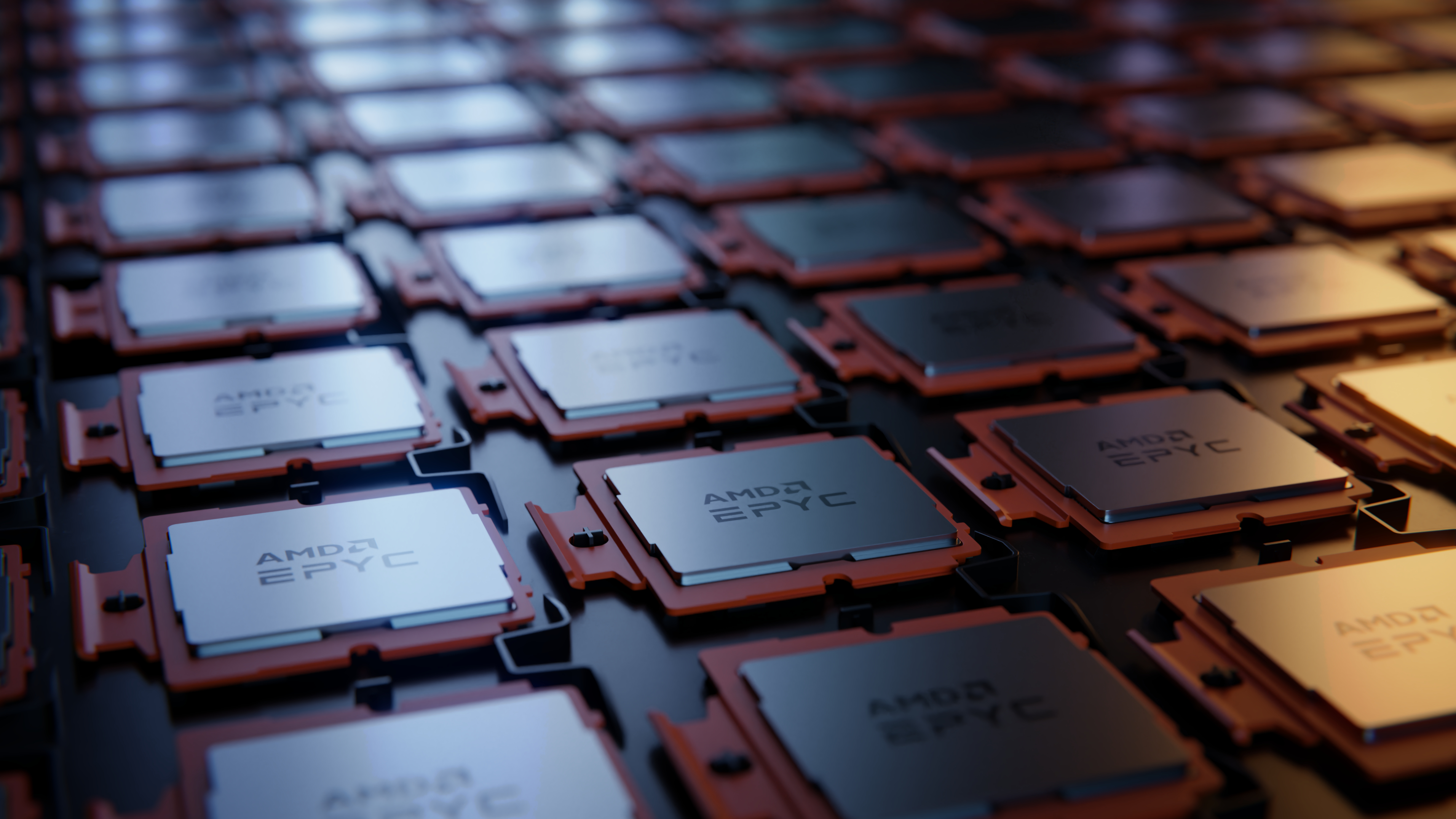
1. AMD EPYC 9965 'Turin'
One of the fastest CPUs on the planet right now comes in the form of the AMD EPYC 9965 'Turin' processor, a 192-core monster running on AMD's Zen 5c architecture. Launched in October 2024, the AMD EPYC 9965 CPU boasts a base clock speed of 2.25GHz, rising to a maximum boost clock of up to 3.7GHz, mirroring the all-core boost speed of the same rate. Priced just shy of $15,000, it's considered the most complex microprocessor ever designed, with AMD also claiming it will more than double the performance of the fifth-generation Intel Xeon Scalable CPU, the 64-core Platinum 8592+.
While we would consider this one of the fastest CPUs in the world, we would not recommend that you purchase and use it for any home-based or office-based setups, particularly due to the price but also because of the fact it's suited largely for processing in data centers. They are, however, ideal if you're setting up workstations for hardcore data simulation, AI workloads or Computational Fluid Dynamics (CFD).
Also launched in October was the AMD EPYC 9755, which comes very close to eclipsing the EPYC 9965 but just falls short. That said, it's available for around $2,000 less. This chip is twice as fast as AMD's previous Zen 4C-based CPU, the EPCY 9754 'Bergamo' chip, according to sister site Tom's Hardware, thanks to various micro-architectural improvements including double the L3 cache.
The fastest CPU for laptops
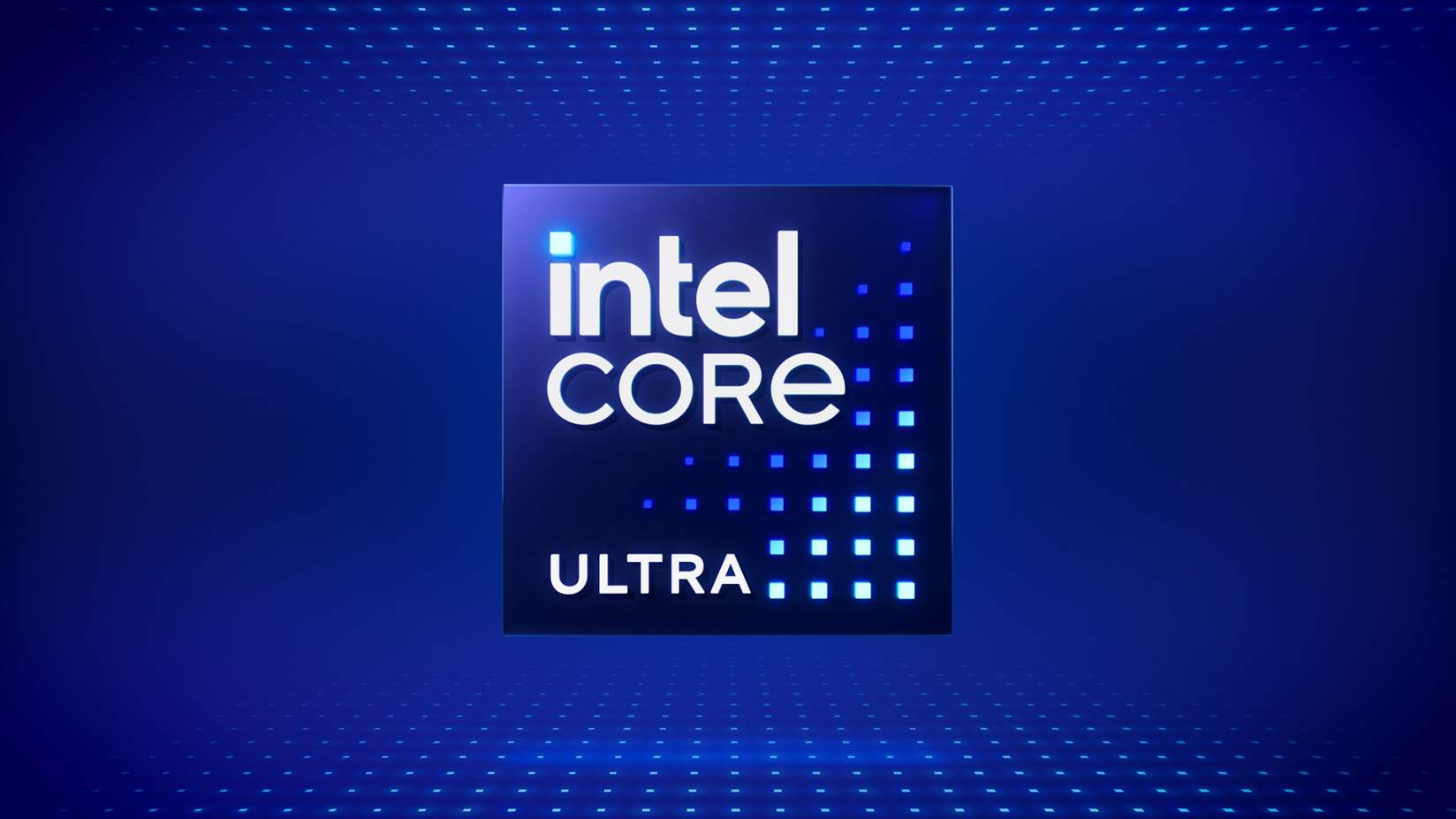
2. Intel Core Ultra 9 275HX
The fastest CPUs for laptops are difficult to distinguish between, but the current champion in this respect is the Intel Core Ultra 9 275HX, which is set to launch with new laptops in February 2025. The second generation of Intel's AI-ready CPU beats the competition, according to PassMark aggregations, and even edging the previous fastest chip, the AMD Ryzen 9 7945HX3D, as well as the monstrously quick Apple M4 Max processor.
This Arrow Lake chip includes 24 cores (including eight performance cores and 16 efficiency cores), 24 threads and a maximum clock speed of 5.4GHz. But there are only a handful of laptops that feature this chip, including the Asus ROG Strix G16 and Acer Predator Helios Neo 16 AI — meaning you may have to shell out for a high-end gaming machine to make the most of this chip, until more options begin to hit the market.
While Intel is currently the champion, we widely expect the upcoming AMD Ryzen 9 9955HX3D chip to steal the crown straight back when it launches later this year. The first laptops that include the new Ryzen 9 chip will ship in March or April, so it's too early to tell whether it truly will be the fastest CPU for laptops — but given how previous generations of this chip performed, we're willing to stake a claim that it's set to follow in the footsteps of its predecessor, the AMD Ryzen 9 7945HX3.
The fastest Apple silicon
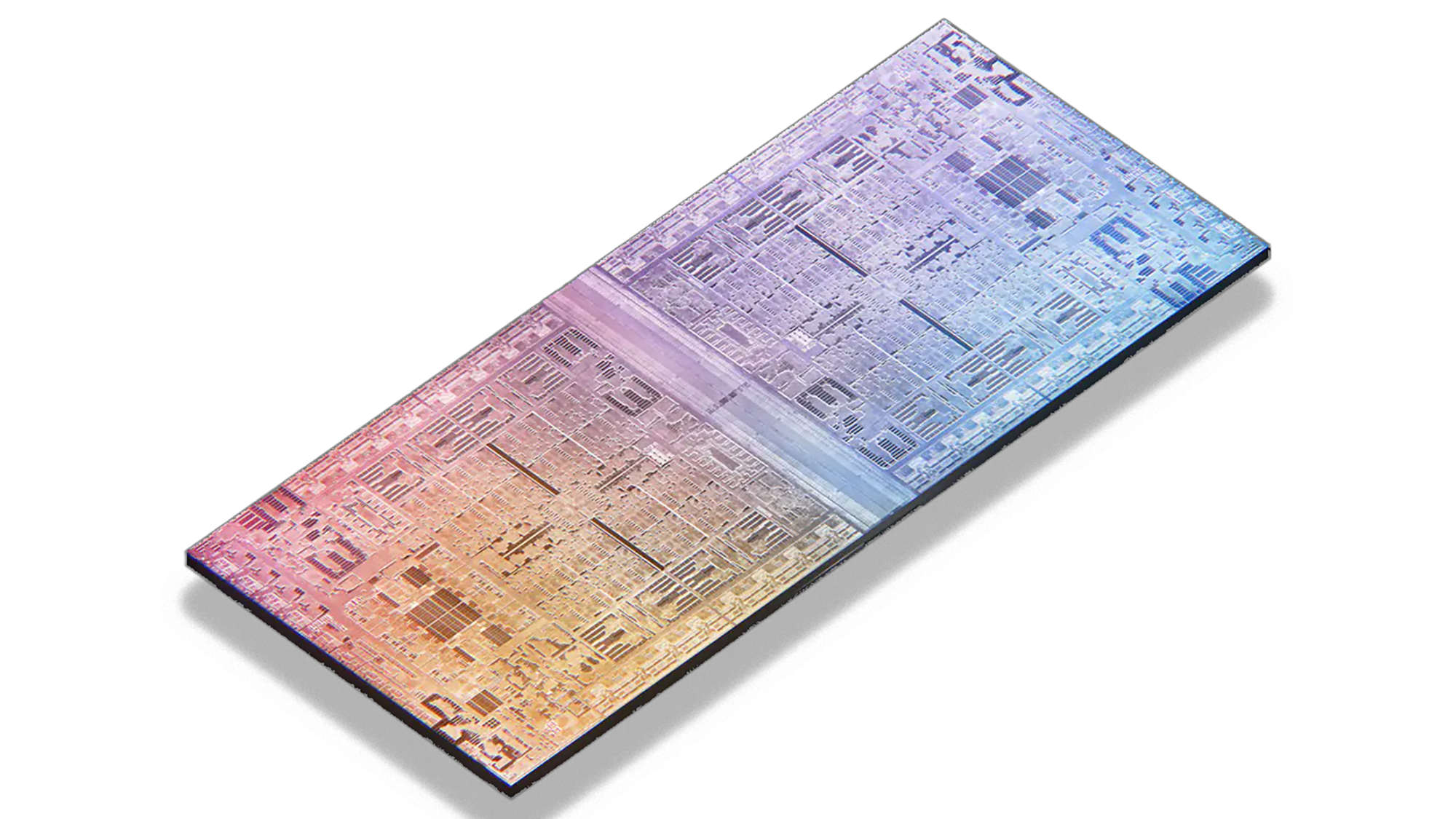
3. Apple M2 Ultra
Although we're a couple of generations ahead now, with the M4 series having launched only recently last year, the two-year-old Apple M2 Ultra processor is still the fastest CPU on the planet for Apple hardware, according to various benchmarking sites including Versus.
This workstation-grade processor is made up of two M2 Max chips stitched together — boasting 24 CPU cores and 76 GPU cores, alongside a base clock speed of just over 3.6Ghz. Indeed, it delivers far more power than you can get out of the M4 Max — and still reigns supreme, available in machines like the Apple Mac Studio. Also significant are its 800GB/s of unified memory bandwidth, and support for up to 192GB of unified memory. The neural engine fitted into this chip is also capable of 31.6 trillion operations per second.
We expect a successor to be launched sometime this year, but until it does, your best bet for maximum Apple power is the M2 Ultra.
The fastest CPU for desktops
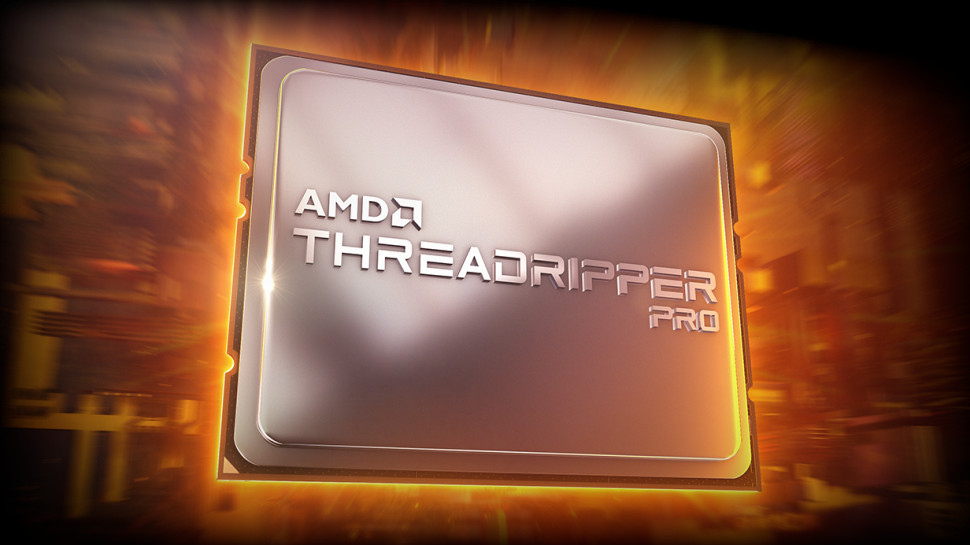
4. AMD Ryzen Threadripper PRO 7995WX
Leading the pack for the fastest CPU for desktops is the AMD Ryzen Threadripper PRO 7995WX, launched in October 2023 but still an unbelievably fast chip that will supercharge your desktop PC. We do expect AMD to launch a 9000 'Shimada Peak' processor during 2025, based on the Zen 5 architecture, but there's no reason to wait given how powerful the AMD Ryzen Threadripper PRO 7995WX still is — leaving the competition in its wake according to aggregate benchmarking on PassMark.
Available for $10,000, this 96-core CPU operates across 192 threads and boasts a base clock speed of 2.5GHz and a turbo speed of 5.1Ghz. Whether you need to tap into this much power, however, depends on how you're going to make the most of your new desktop. This chip is really designed for scientific computing, heavy 3D rendering and CPU rendering, and not really intended for everyday tasks — which including conventional photo editing and video editing. That's not to say this processor cannot handle those tasks — obviously, it can — but it's quite simply the fastest CPU on the planet if you're building a desktop. For something a bit more suited to day-to-day use cases, check out our guide to the best processors instead, which take into account factors such as pricing too.
The fastest CPU for gaming
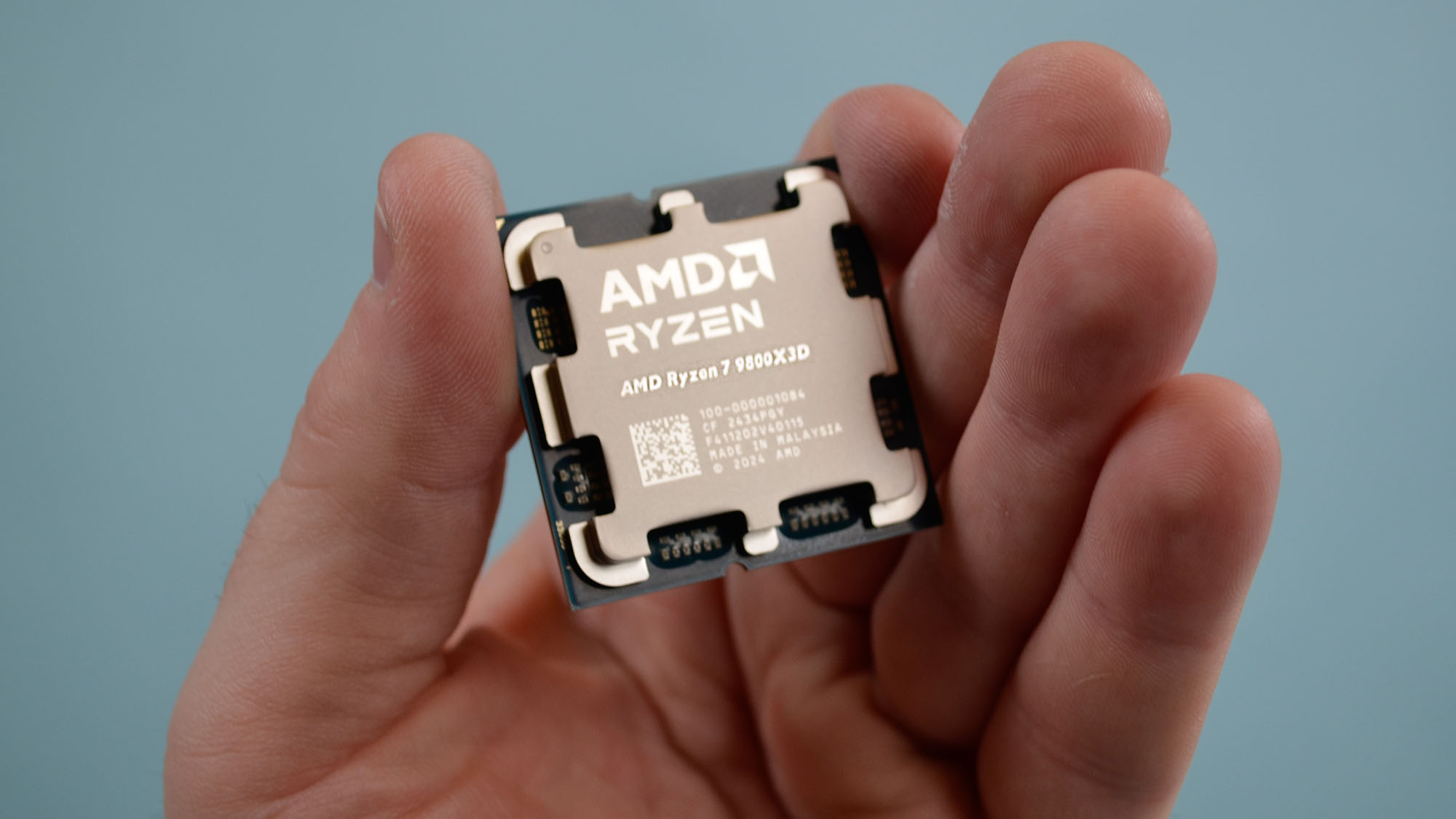
5. AMD Ryzen 7 9800X3D
Although you may find it difficult to get right now, the 8-core 16-thread AMD Ryzen 7 9800X3D is the best CPU for gaming — if you can find it. Unfortunately, at the time of writing, there's a significant stock shortage. There are several good reasons, least of not all because it trounces the competition, according to benchmarking data, with the AMD Ryzen 9 7900X3D trailing in its wake.
We wrote in our AMD Ryzen 7 9800X3D review that this CPU is a gaming powerhouse that was among the best processors launched last year — but that there are a handful of minor flaws to take into account, including its price, as well as underperformance compared with its rivals in a handful of non-gaming performance areas. But it's a specialist chip for gamers who want the best overall gaming processor — and those who are happy to make that compromise will be absolutely fine eating those drawbacks.
There are, however, some benefits built into this chip for workloads like photo editing, with the extra cache really going a long way here. Ultimately, it's as good a gaming processor as you can get — if you manage to stumble on stock, that is.
Today's best deals
Are you a pro? Subscribe to our newsletter
Sign up to the TechRadar Pro newsletter to get all the top news, opinion, features and guidance your business needs to succeed!

Désiré has been musing and writing about technology during a career spanning four decades. He dabbled in website builders and web hosting when DHTML and frames were in vogue and started narrating about the impact of technology on society just before the start of the Y2K hysteria at the turn of the last millennium.
- John LoefflerComponents Editor
